CPAP vs. Oral Appliances: Why Real-World Effectiveness Matters More Than Lab Results
If you’ve been diagnosed with obstructive sleep apnea (OSA), chances are you’ve heard of CPAP — the go-to treatment that blows air into your airway to keep it open at night. But here’s something you might not have heard: how well a treatment works in a lab (efficacy) doesn’t always match how well it works in real life (effectiveness).
A 2015 review published in the Journal of Dental Sleep Medicine challenges the way we compare CPAP to oral appliances — and it might change how you think about your treatment options.
What’s the Difference Between Efficacy and Effectiveness?
Efficacy = How well a treatment works under perfect conditions (like a clinical study).
Effectiveness = How well it works for real people, in real life — including whether they actually use it.
CPAP has high efficacy — it can virtually eliminate sleep apnea when used correctly. But the problem? Many people don’t or can’t use it consistently.
Studies show that:
Only about 50% of CPAP users stick with it for at least 4 hours per night after 6 months.
This drops to 17% after 5 years.
And 4 hours a night might not even be enough — for real health benefits, you may need 6+ hours per night.
(Source: Sutherland et al., 2015)
What About Oral Appliances?
Oral appliances are custom mouthpieces that move your lower jaw forward while you sleep, opening your airway. They don’t eliminate apnea as completely as CPAP in a lab, but...
✅ They’re easier to wear
✅ People tend to use them more
✅ And real-world health outcomes are surprisingly similar
In fact, studies show that when you compare CPAP and oral appliances in terms of:
Daytime sleepiness
Quality of life
Driving performance
Blood pressure
…the results are basically the same.
The "SARAH Index" — A Better Way to Measure Treatment
To better compare treatments, researchers introduced a new formula: the Sleep Adjusted Residual AHI (SARAH Index). This considers:
How effective the treatment is
How many hours you actually use it
Here’s the takeaway:
👎 You could have a perfect CPAP setting, but if you only wear it 2 hours a night, you’re likely under-treated.
👍 You might still have mild apnea on an oral appliance — but if you wear it all night, you might be better off in the long run.
What This Means for You
CPAP remains the gold standard. But if you:
Can’t tolerate the mask or machine
Wake up after taking it off halfway through the night
Or simply feel better on an oral appliance
…then oral appliance therapy could be just as effective for your health.
And now that modern oral appliances can track usage objectively, doctors can better understand how well they're working.
TL;DR
CPAP works great — but only if you use it.
Oral appliances might not “cure” apnea, but people wear them longer, and that matters.
Your health outcomes (energy, blood pressure, sleep quality) might be just as good with an oral appliance.
Talk to your sleep dentist about which option fits your life — not just your AHI.
Sources:
Sutherland K, Phillips CL, Cistulli PA. Efficacy vs Effectiveness in the Treatment of OSA: CPAP and Oral Appliances. Journal of Dental Sleep Medicine, 2015;2(4):175–181.
https://doi.org/10.15331/jdsm.5120
